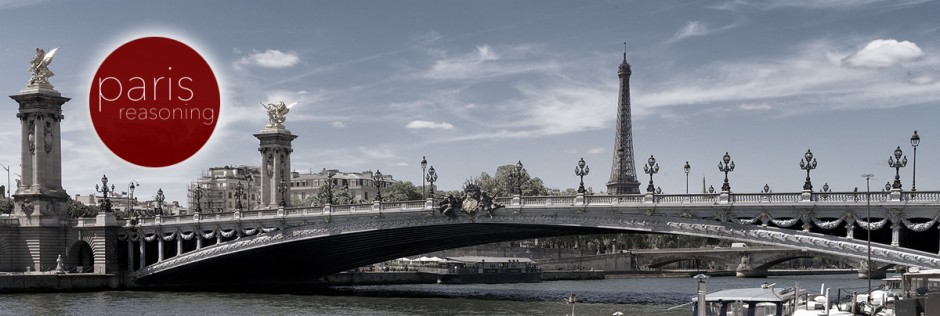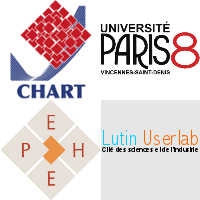 Beyond Truth And Falsity: Degrees Of Confidence (BTAFDOC) [2011-2015]
Beyond Truth And Falsity: Degrees Of Confidence (BTAFDOC) [2011-2015]
The new probabilistic/Bayesian paradigm in the psychology of reasoning will be further developed in the proposed research. In the older binary paradigm, people’s beliefs, e.g. about a conditional if A then B, are classified with only two truth values, true or false, e.g. in classic truth table studies in which participants have to classify if A then B as true or false given A and B as either true or false. We will explore the implication of the new paradigm that the conditional and a bet on it have a third value, termed void, when A is false. Further, more refined judgements will also occur according to the new paradigm. Beliefs can be held with varying degrees of confidence, or subjective probability and uncertainty in technical terms, and the new paradigm implies that these judgements will affect reasoning. We will investigate the actual effect of confidence judgements on conditionals and also other connectives: negation, conjunction, disjunction, the material conditional, and the biconditional. It is highly plausible that cultural differences can affect people’s confidence judgments, and we will explore whether such differences can be found when European and Japanese participants are compared.
This project is financed by the Agence Nationale de la Recherche and by the Japan Society for the Promotion of Science (JSPS) through their Program CHORUS Franco-Japanese
|
French team: |
Japan team: |
|
|


